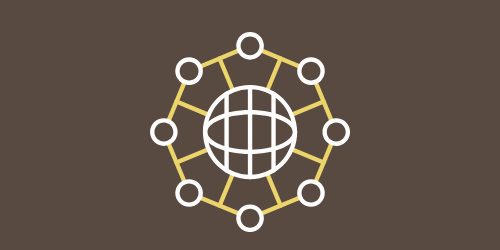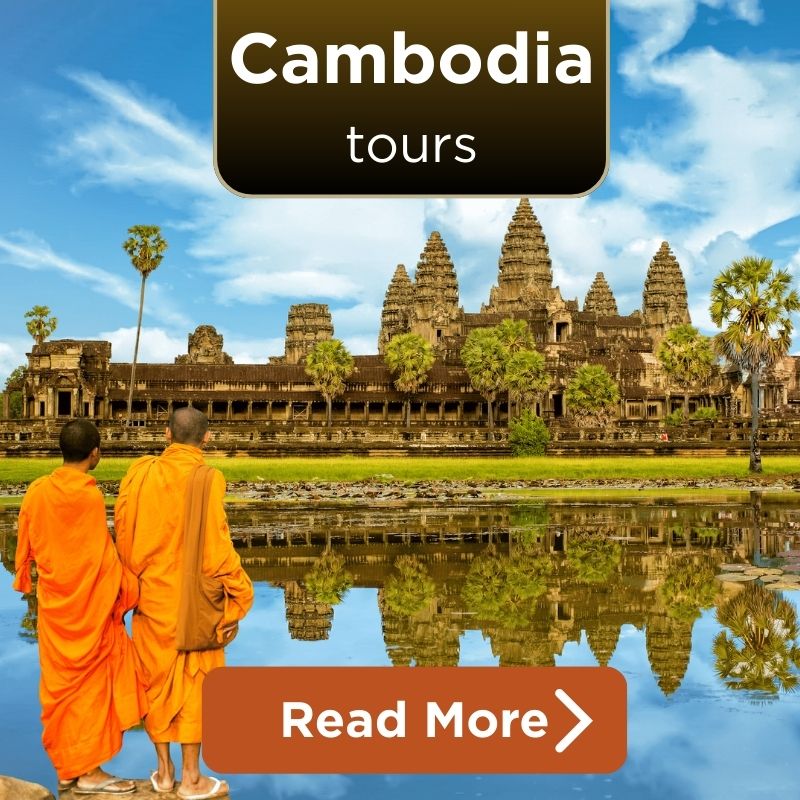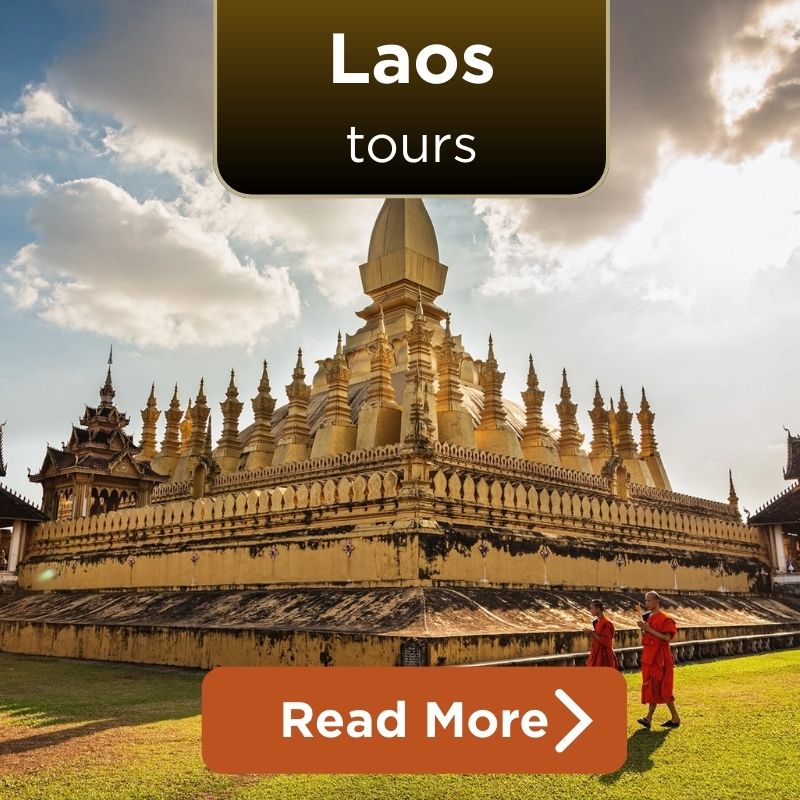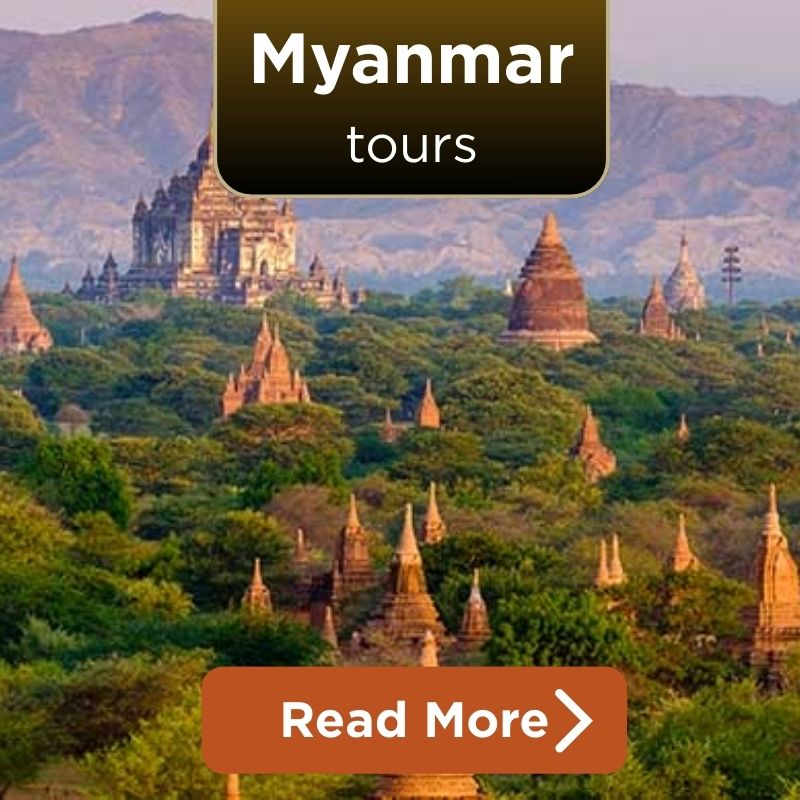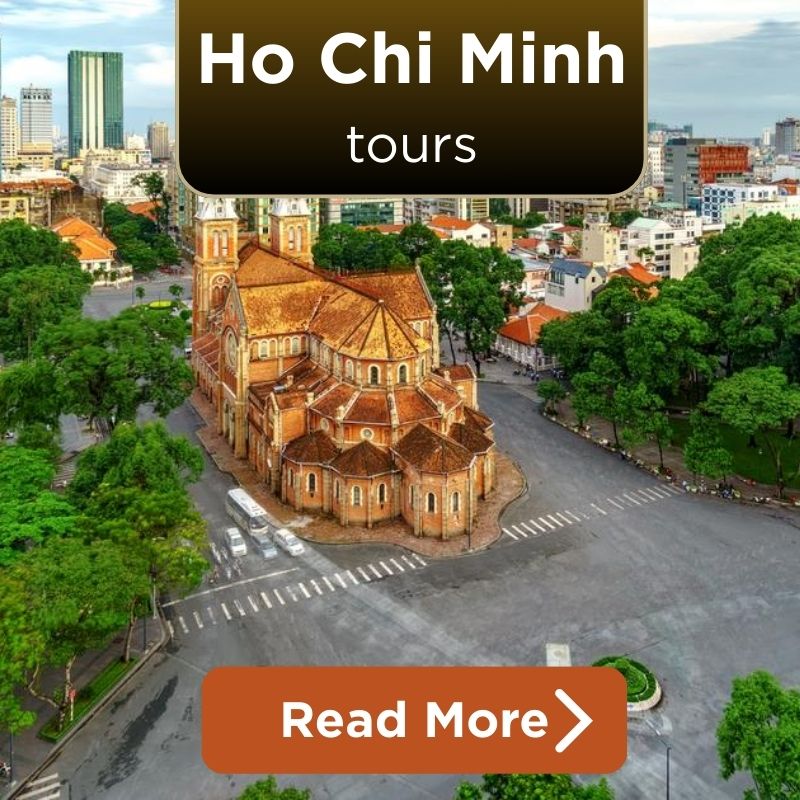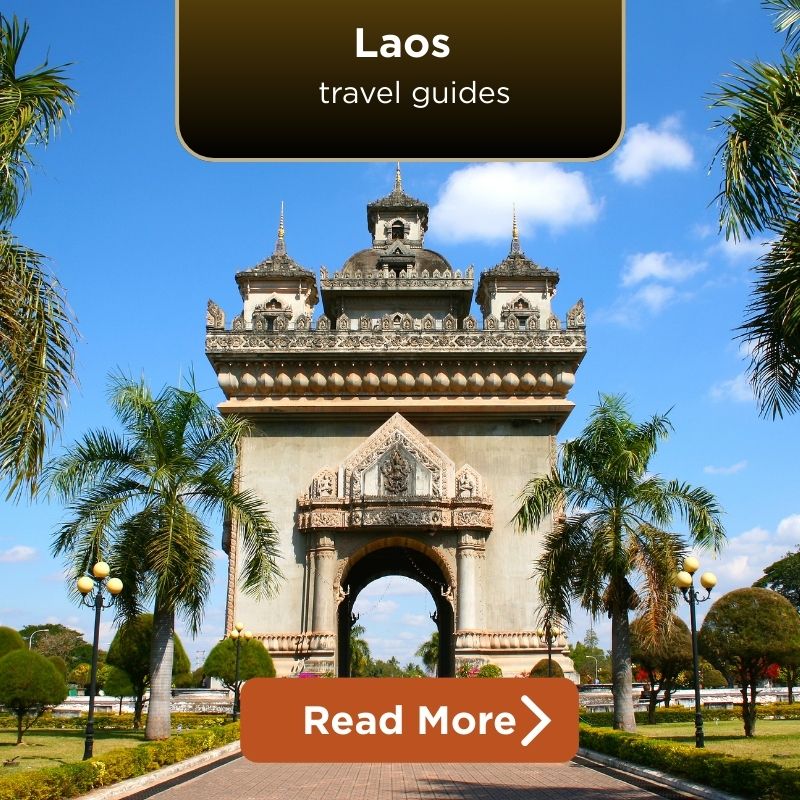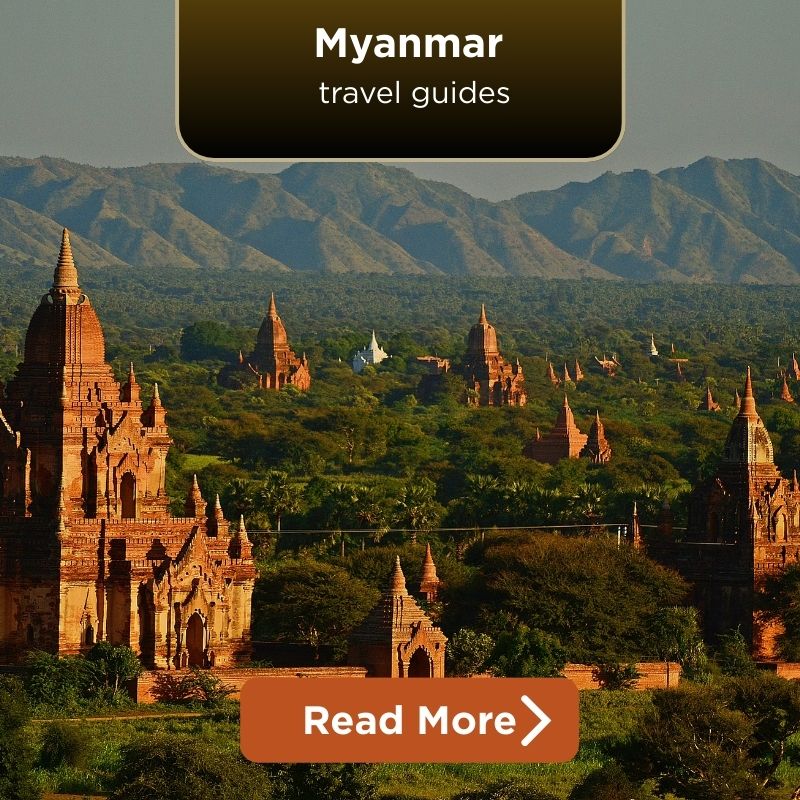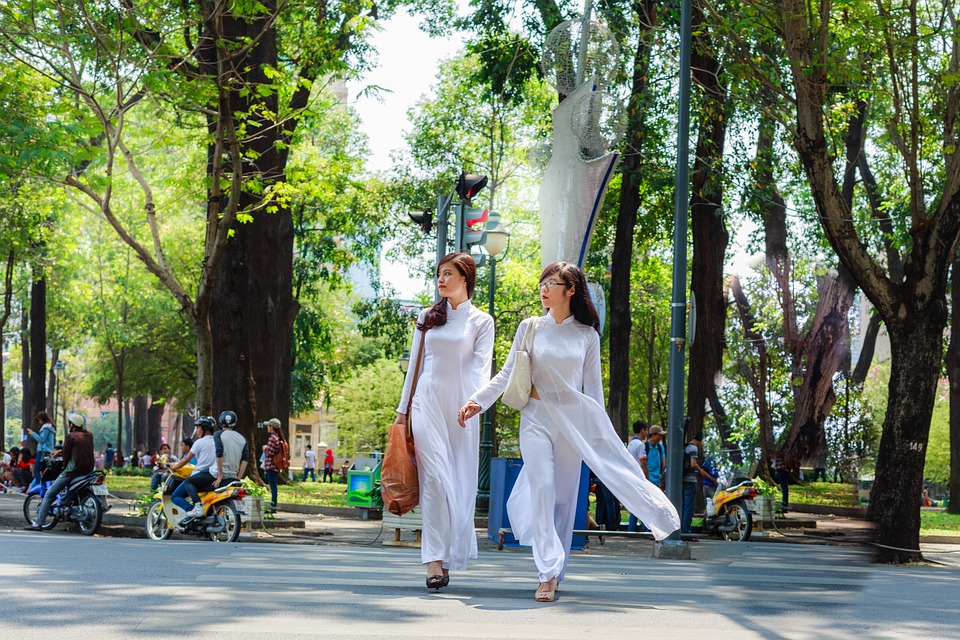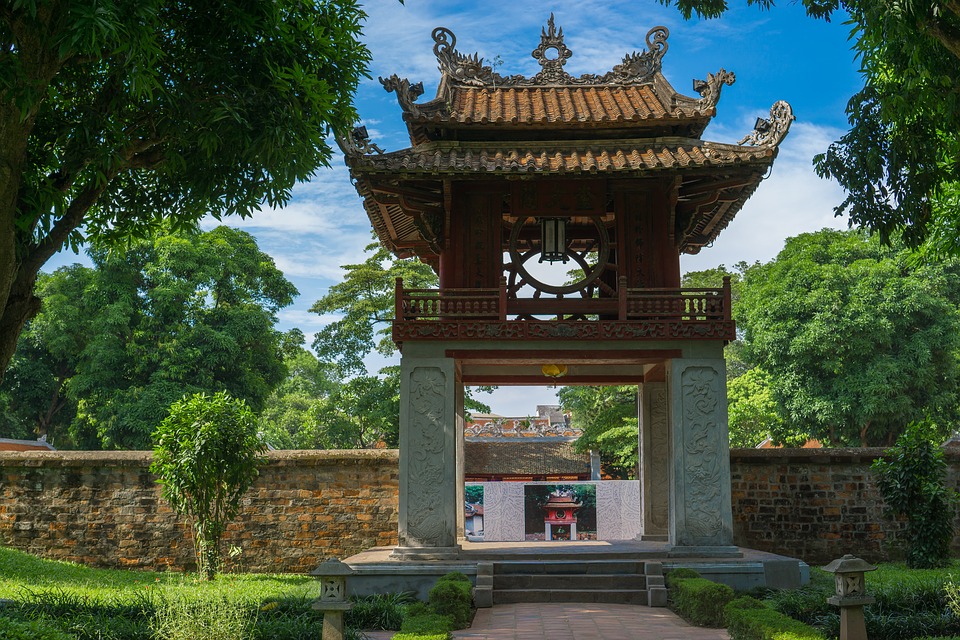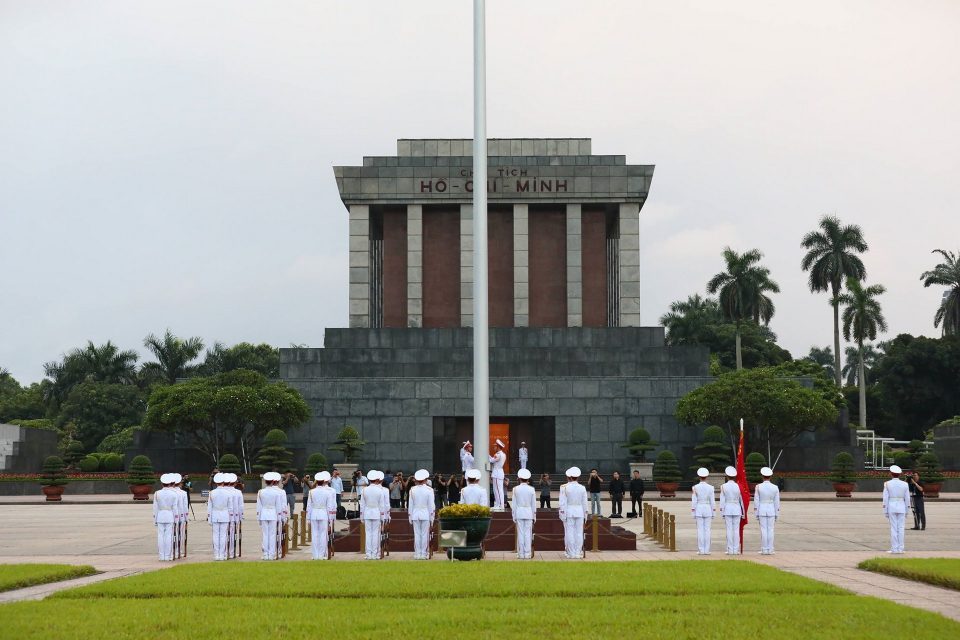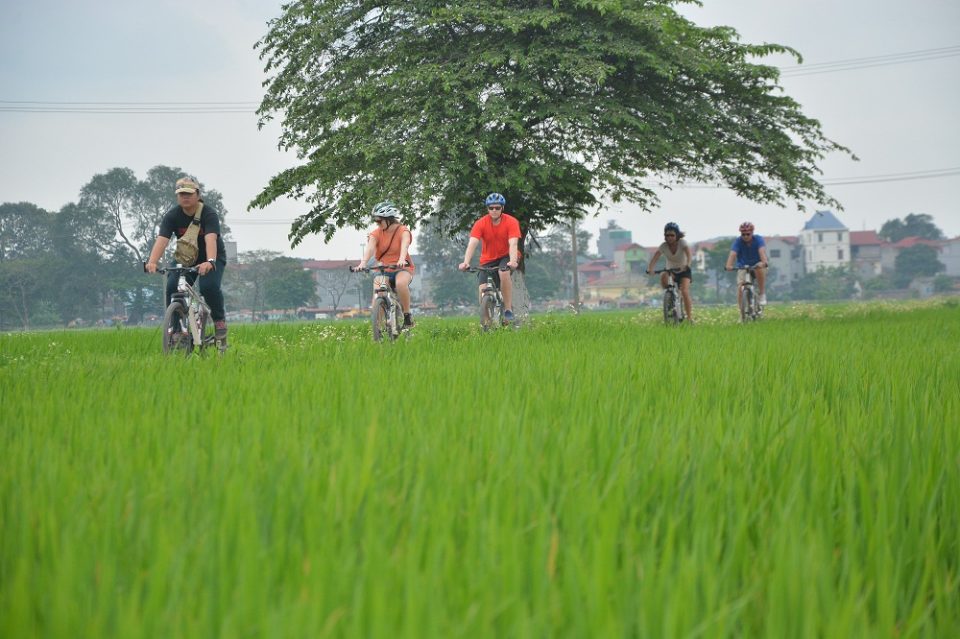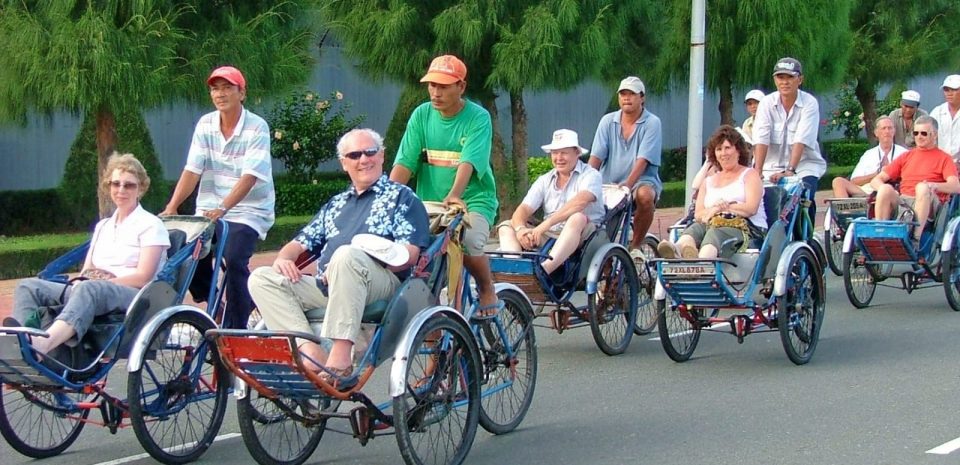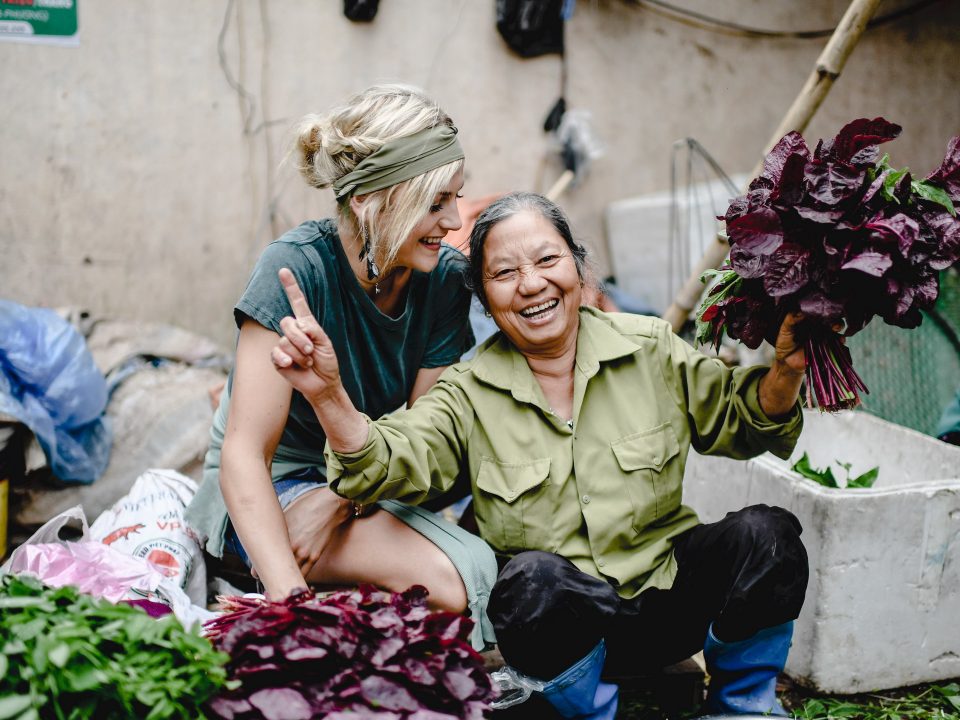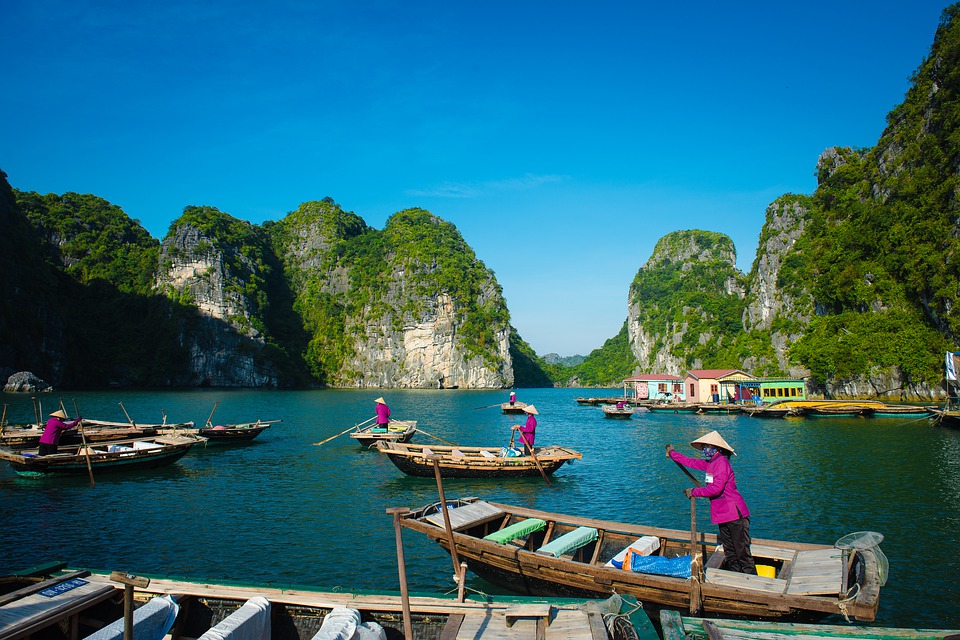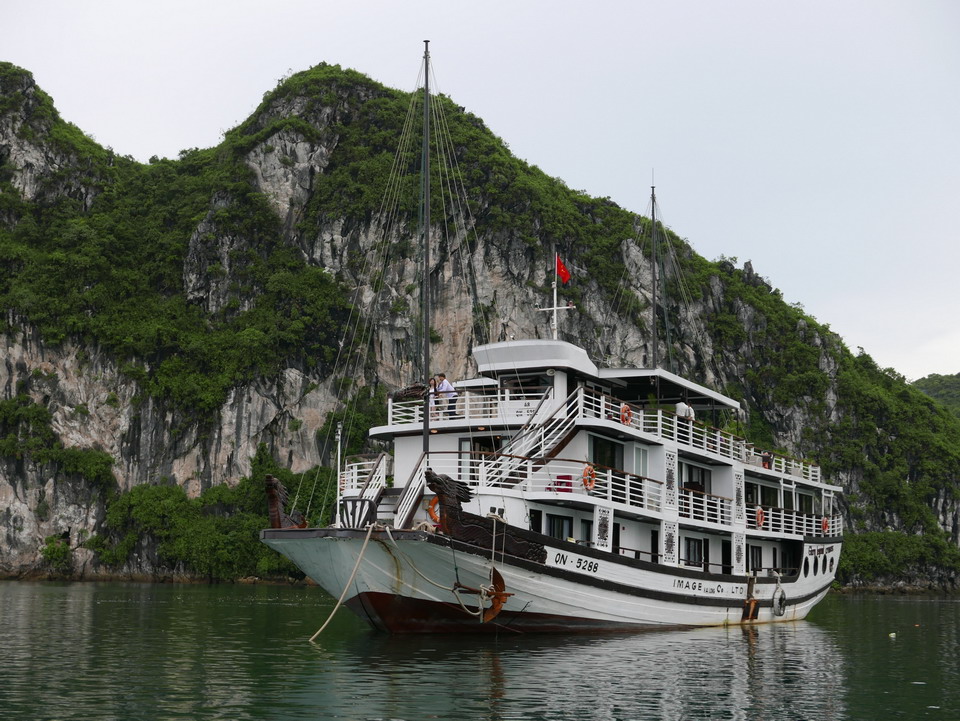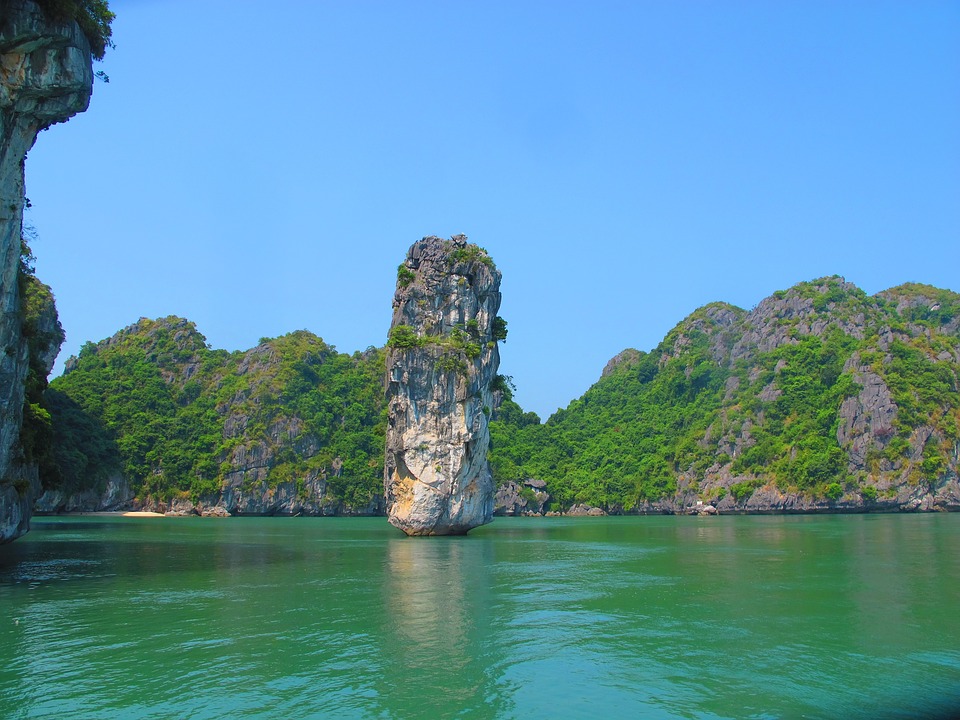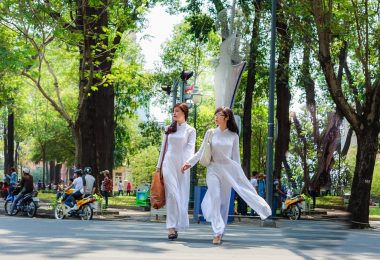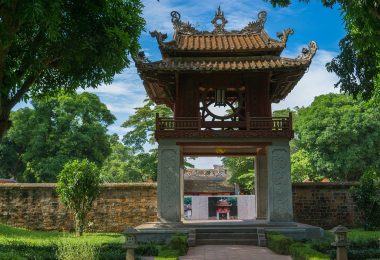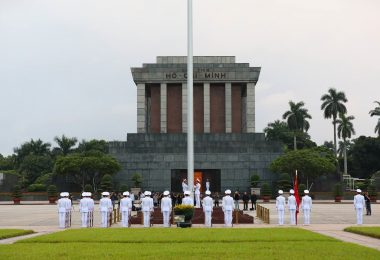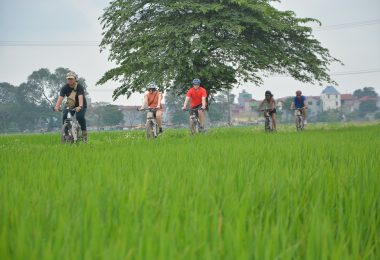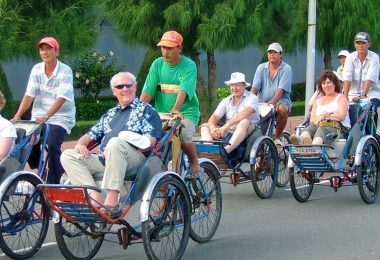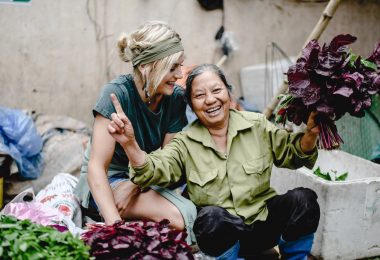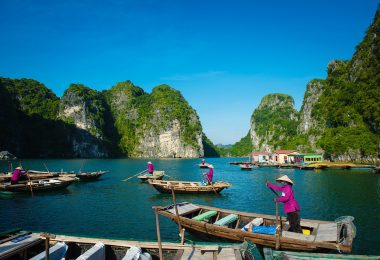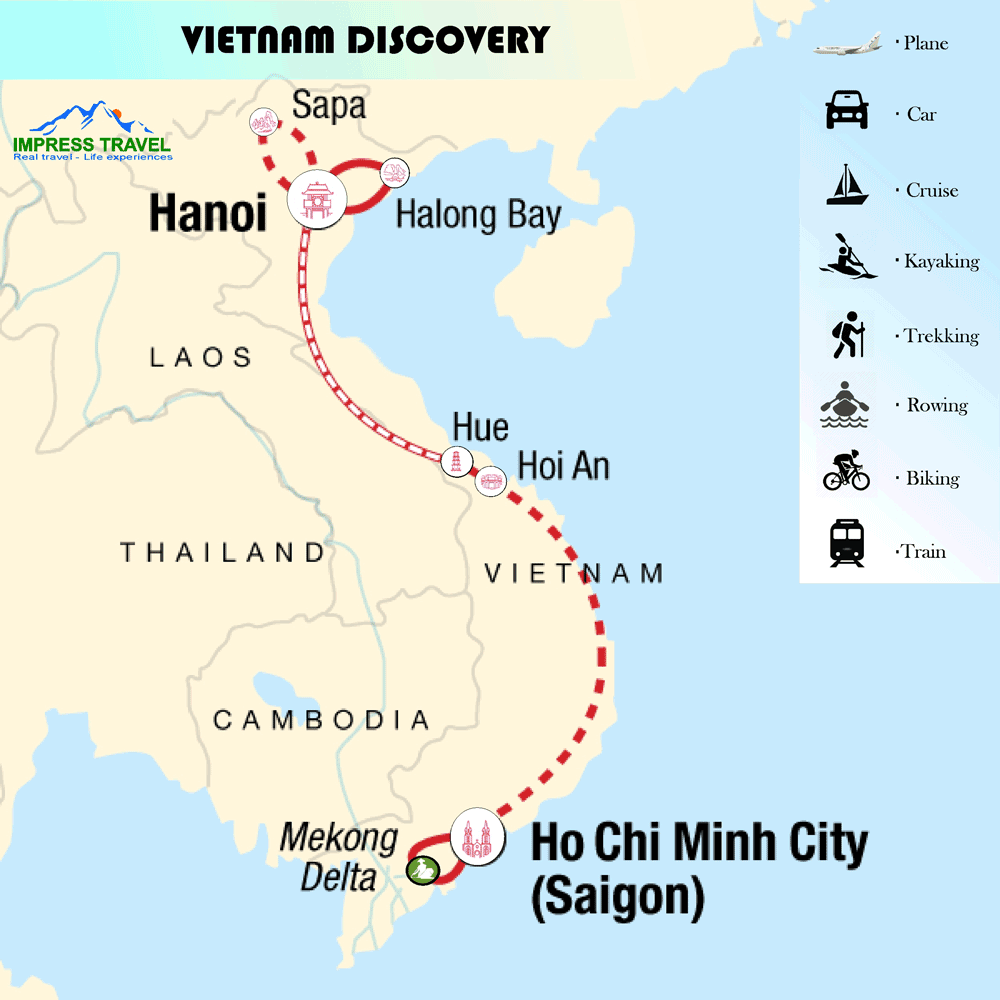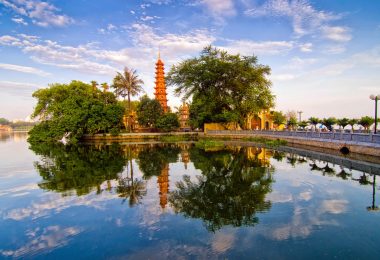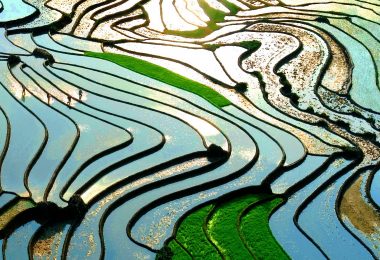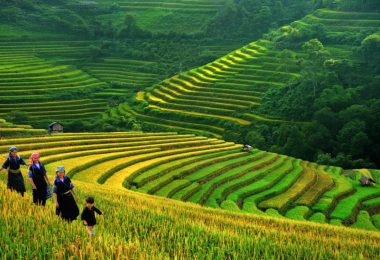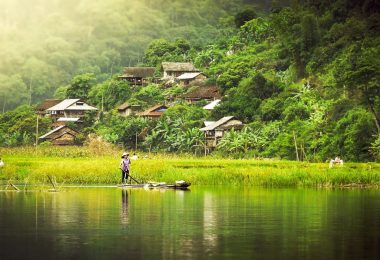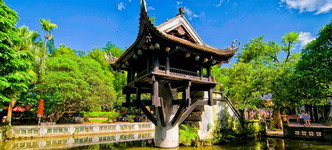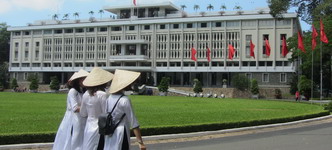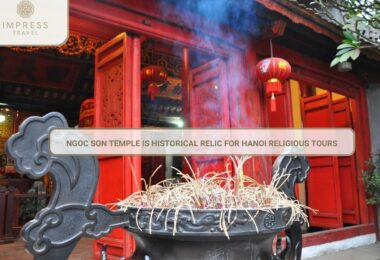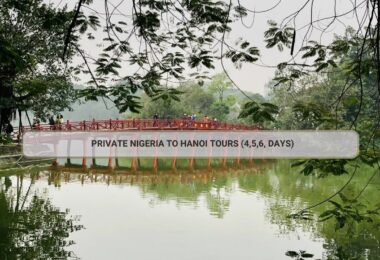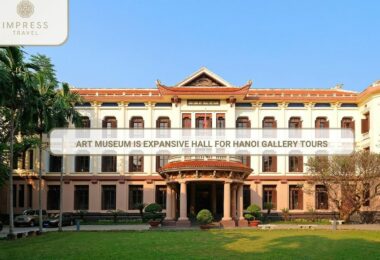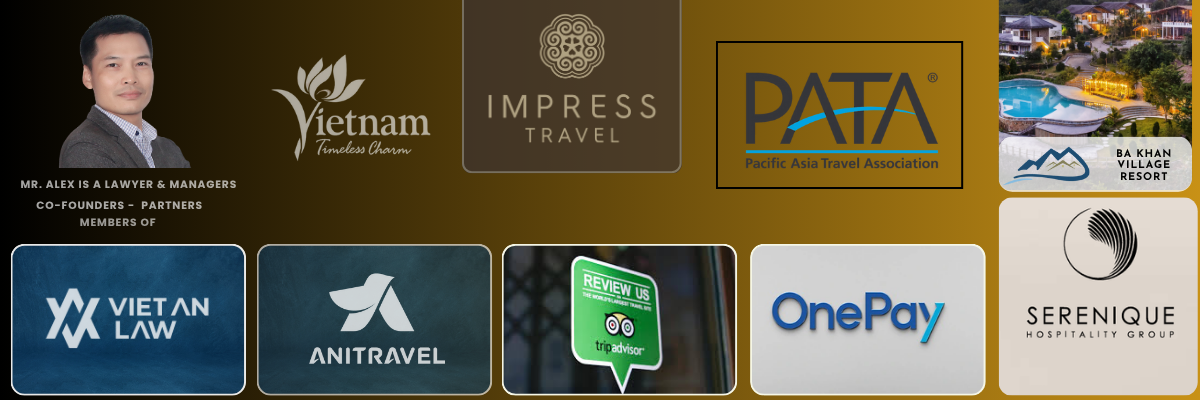The tradition of ancestor worship is a significant aspect of Vietnamese culture. This tradition not only shows respect and gratitude to the ancestors and roots of Vietnamese people but is also a thread connecting generations together. For a place that contains traditional cultural values like Hanoi, what role and meaning does ancestor worship play in families? Let’s find out in this article!
What does the tradition of ancestor worship originate from?
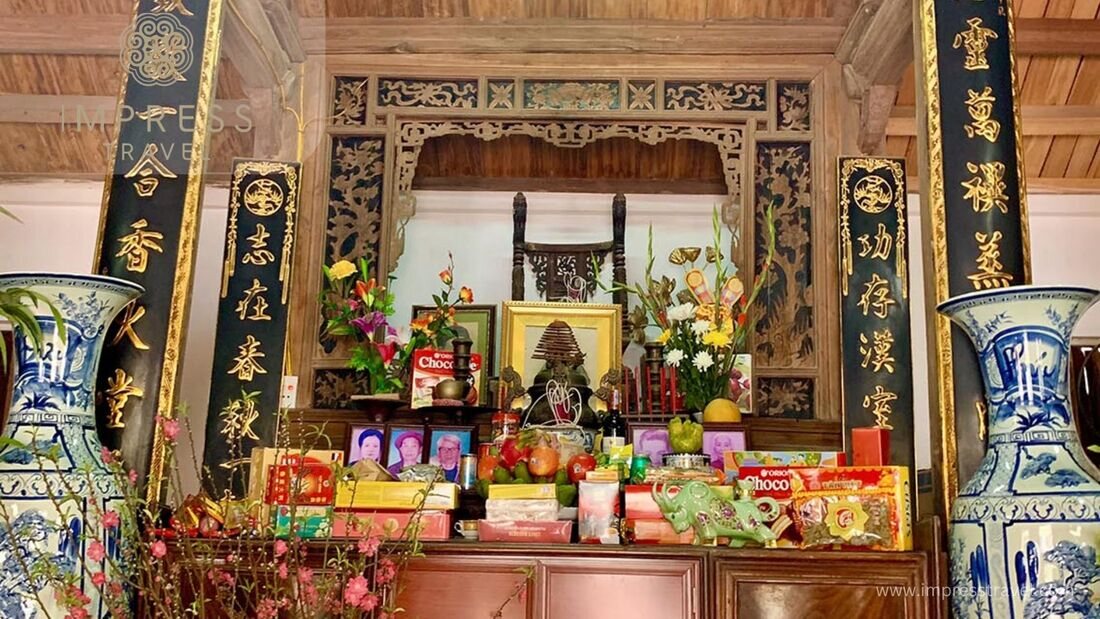
Ancestor altar of Hanoi people
The tradition of ancestor worship is the practice of worshiping ancestors and people who have made great contributions to the community who have passed away. For Vietnamese people, in addition to their religion, they also worship their ancestors and have altars in their homes. The tradition of ancestor worship has long been an important part of the spiritual life of Vietnamese people.
This tradition is based on the belief that death is not the end but the continuation of another life. Vietnamese people hold that there are two components to every human being: the soul and the body. The soul is the noble aspect of a person. When people pass away, the body is gone, but the soul lives on and will continue to exist in another world, similar to life in the human world. There, souls still have needs such as eating, drinking, consuming material goods, etc. Therefore, relatives need to offer death anniversary offerings so that the ancestors’ souls will not be deprived in that world. Thereby, later generations also express filial piety, gratitude, and remembrance towards their ancestors.
In terms of social origin, agricultural production has been the defining feature of Vietnamese society since ancient times. In particular, the role of men is emphasized in the family because they are the ones in charge of heavy work such as hunting, gathering, and farming to create material wealth to maintain the existence of their family. In the family, the male is the head of the household, and his children will carry on his last name, which is passed down through generations. Along with that was the absorption of Confucian ideas. For instance, the ideology regarding men plays a significant role in the family, and the son will succeed his father, inherit property, and worship his ancestors. Besides, Confucianism places a high value on filial piety, which states that children have an obligation to repay their parents for their birth by caring for them while they are living and worshiping them after they die. This is carried on for numerous generations, gradually developing into the belief of ancestor worship.
When do Hanoi people worship ancestors?
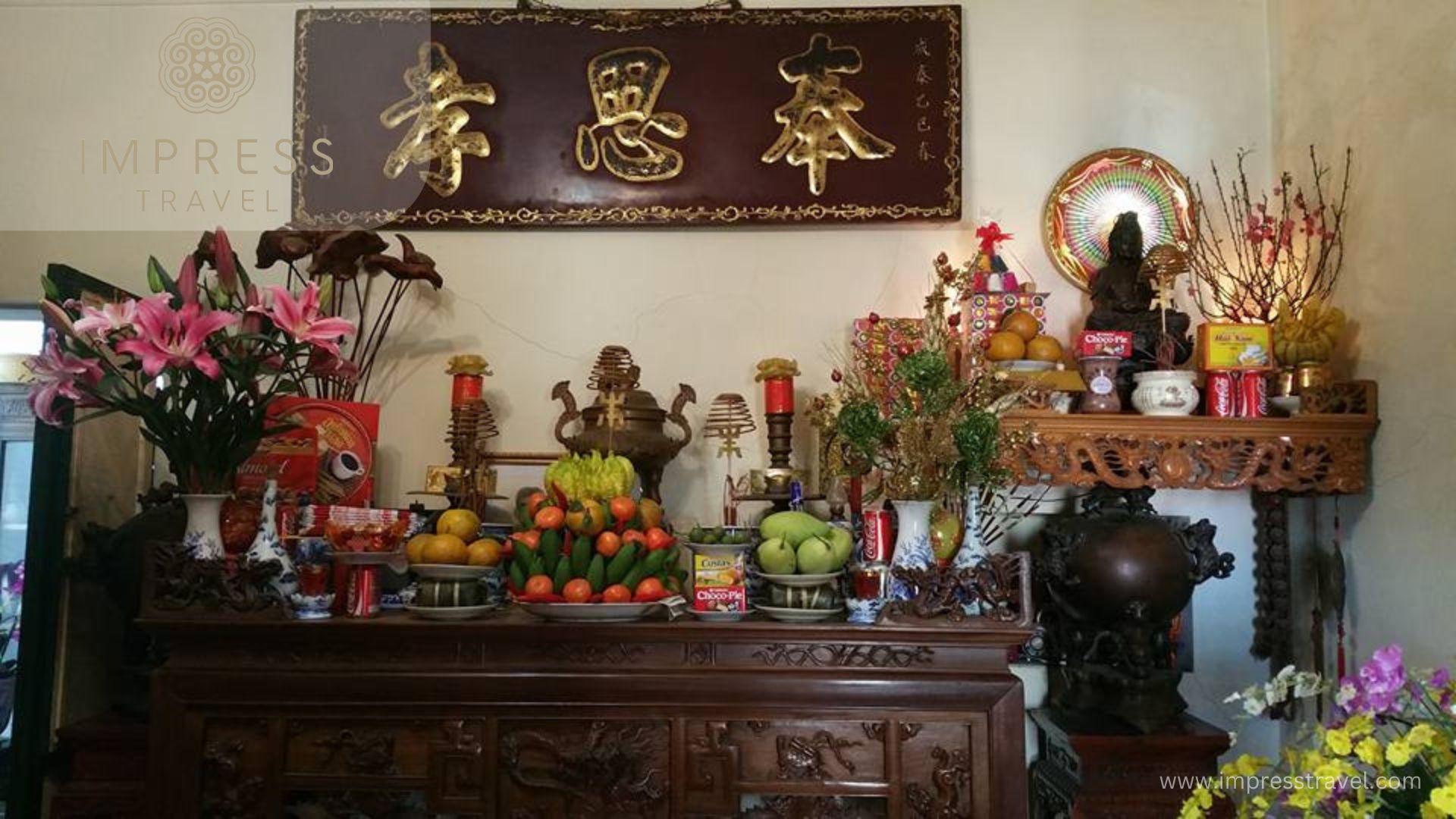
Hanoi people worship ancestors
Similar to the majority of Vietnamese people, the Hanoi people memorialize their ancestors by making offerings and performing various rituals on key occasions throughout the year.
Tet holiday
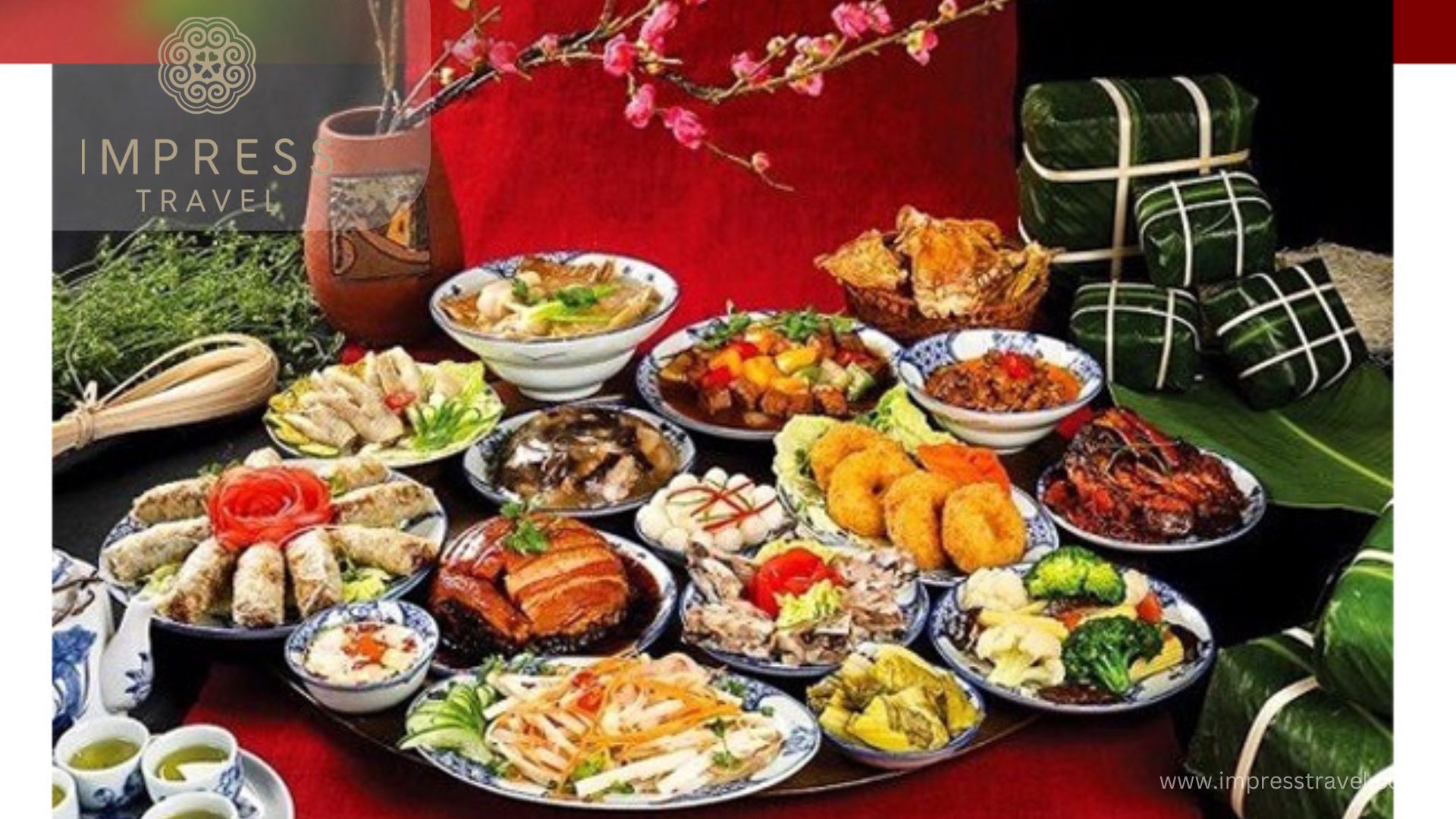
Traditional Tet of Hanoi people
Tet is the most important holiday of the year for Vietnamese people. This is an occasion for family members to come together and reunite after a year of suffering. During these special days, members work together to clean the house and redecorate the place of ancestor worship with offerings such as banh chung, banh tet, and a tray of five fruits. Each offering is a representation of longevity, wealth, prosperity, and luck. Descendants will light ladders in honor of their ancestors on New Year’s Eve and offer prayers for a happy and prosperous new year.
Qingming Festival
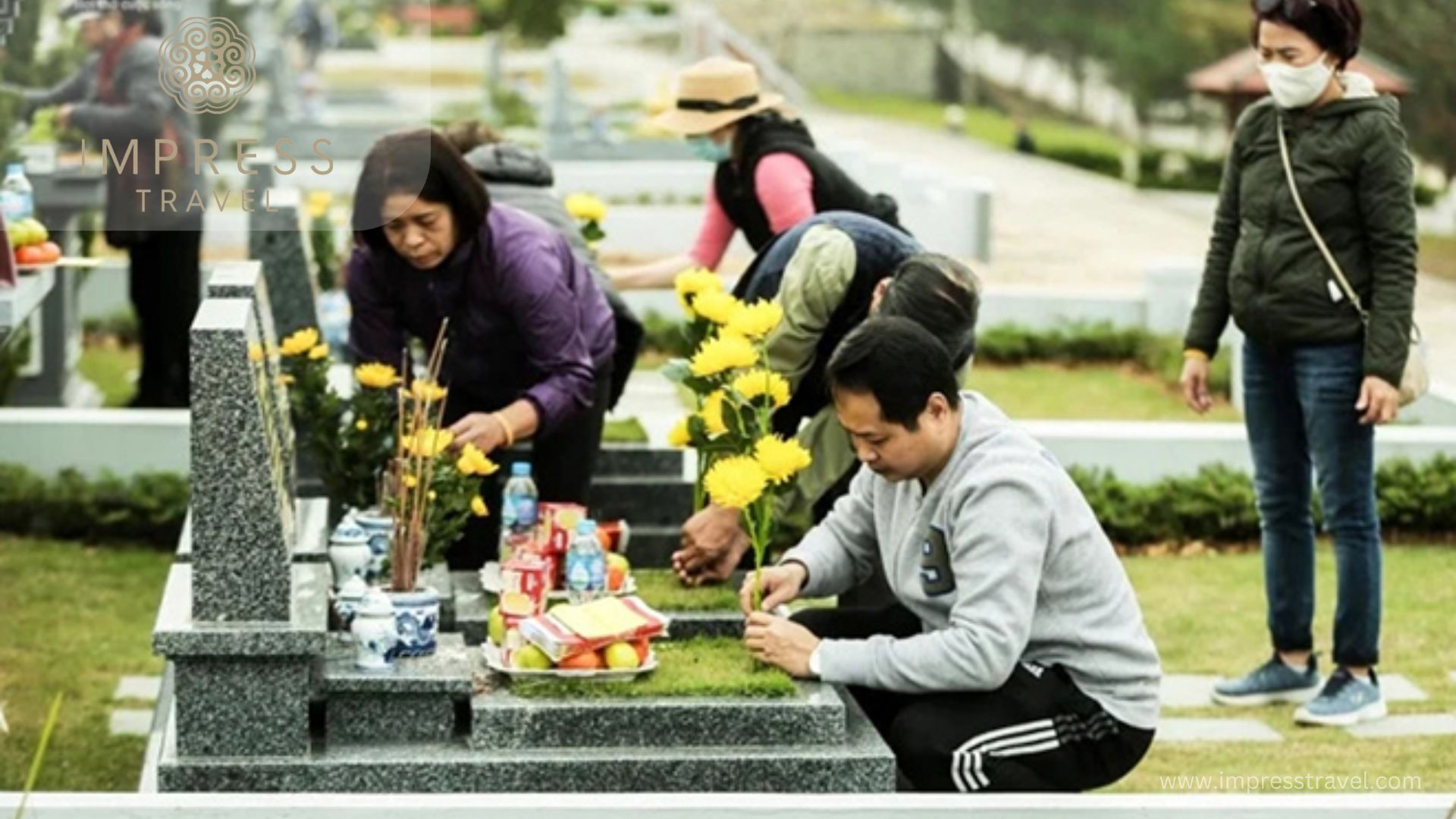
Tomb sweeping on Qingming Festival
The Qingming Festival is an important occasion to commemorate ancestors. The Qingming Festival does not have a fixed date, starting from April 4 to 5 (after the end of the Vernal equinox) and ending around April 20 to 21 of the solar calendar (when the Coc Vu period begins). The Qingming period lasts about 15 – 16 days, and the first day is called the Qingming Day. On Qingming Day, families will visit their ancestors’ graves, clean up, redecorate around the grave area, plant more flowers and ornamental plants, and add more soil to areas that have subsided. After that, family members will burn incense to honor their ancestors.
Vu Lan Ceremony
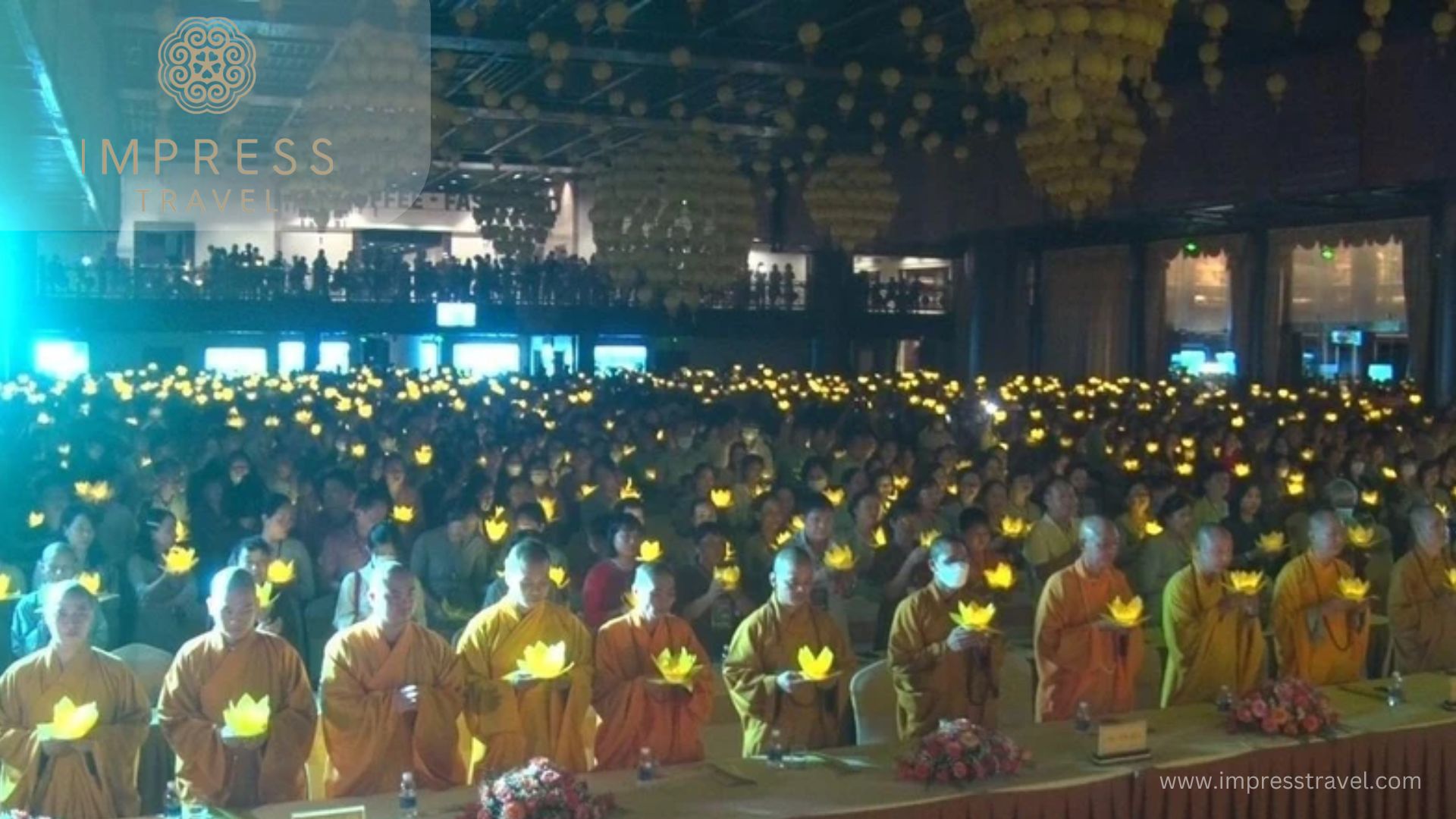
Organize the Vu Lan ceremony at temples
One of the most important Buddhist celebrations is the Vu Lan Ceremony, which is held annually on the full moon day of the seventh lunar month. This is an opportunity for kids and grandkids to express their filial piety and thanks for providing the birth and upbringing of their parents and ancestors. On this day, many people go to pagodas to offer prayers to the spirits of the departed, conduct good deeds, and release animals to pledge merit to them.
The ancestors’ death anniversaries
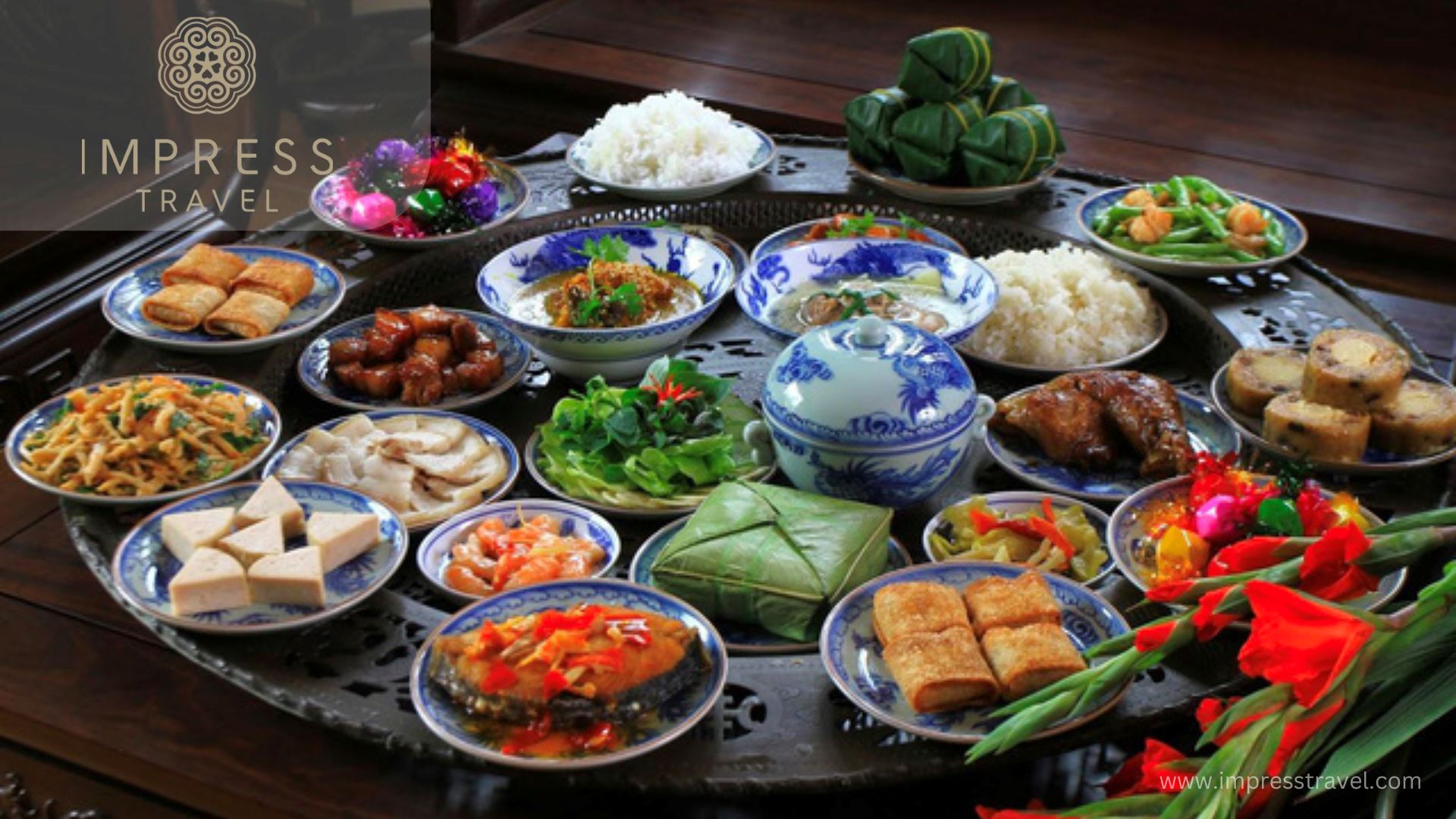
Death anniversary offerings of Hanoi people
The death anniversary is an opportunity for descendants to remember and express filial piety for their deceased ancestors. This is the date that an ancestor passed away, calculated according to the lunar calendar. On this day, descendants will make offerings to pray for peace in the souls of their ancestors at the Golden Stream. The death anniversary feast is often fully prepared with traditional dishes. On this day, family members and clans will come together to burn incense in memory of their ancestors. After that, everyone will gather around the feast and enjoy the food together. This is also an opportunity for lineage members to meet, talk, and send their regards to each other.
The other occasions
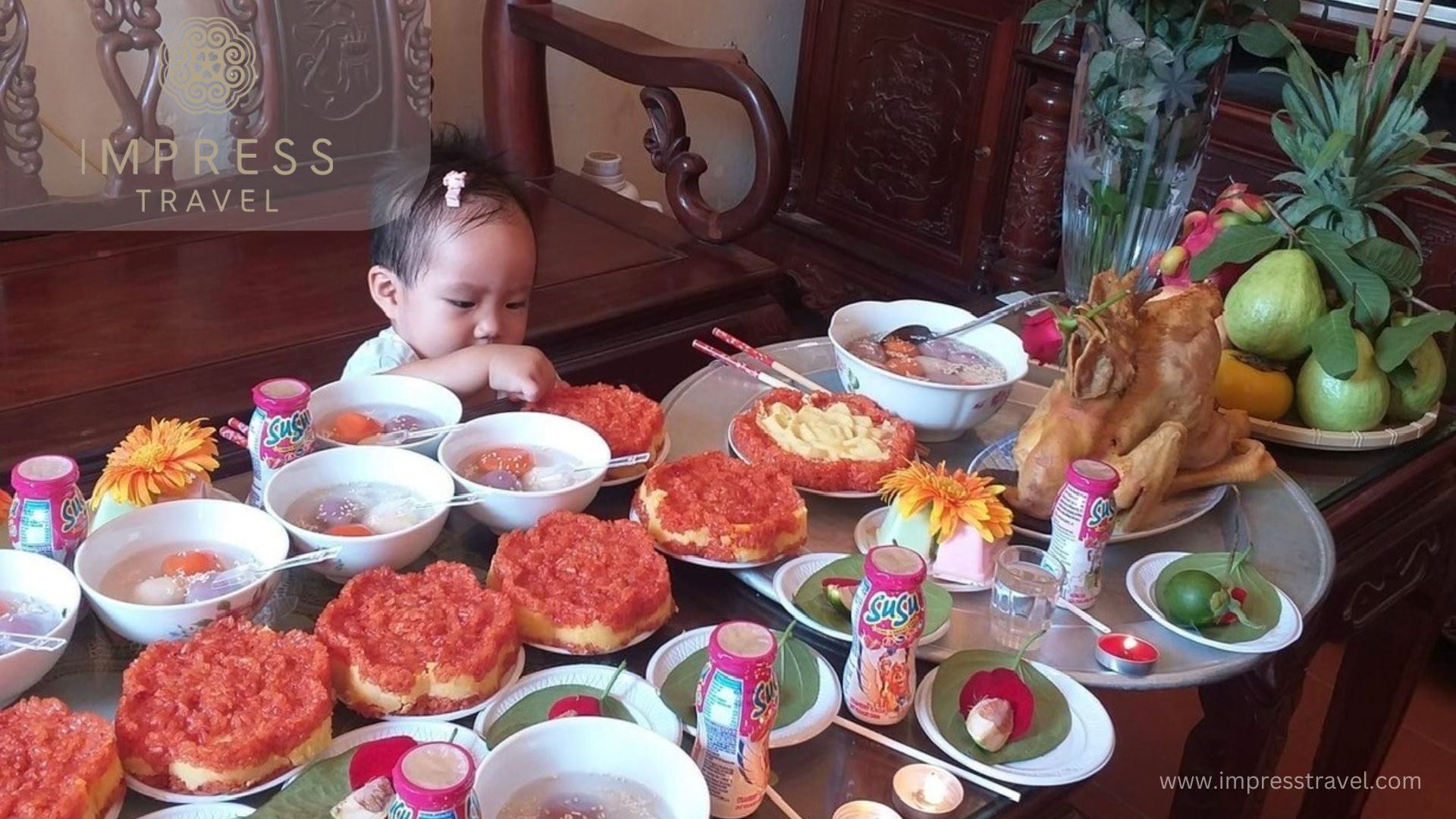
Full month offering for children
In addition to the above occasions, Hanoi people also perform ancestor worship on other special occasions during the year, such as:
Lantern Festival: This is considered an important and meaningful holiday for Vietnamese people. The Lantern Festival is celebrated on January 14 and 15. This is a holiday imbued with Vietnamese cultural identity. It marks new beginnings and hope. This is also an opportunity to remember ancestors and express gratitude for their merits. The offering tray for this holiday can have vegetarian or meat dishes, depending on each family. This preparation shows the respect and affection of family members for their ancestors.
Hung Kings Commemorations: This is an important holiday in Vietnamese history and culture, held on the 10th day of the third lunar month. This is an opportunity for Hanoi people as well as people throughout Vietnam to commemorate the contributions of the Hung Kings to building and defending the country. In Hanoi, people go to temples and pagodas in the area to participate in memorial activities and pray for the country’s growing prosperity. Those activities have contributed to enhancing national pride, expressing gratitude for one’s roots, and emotionally connecting individuals in the community to each other.
How do Hanoi people perform ancestor worship?
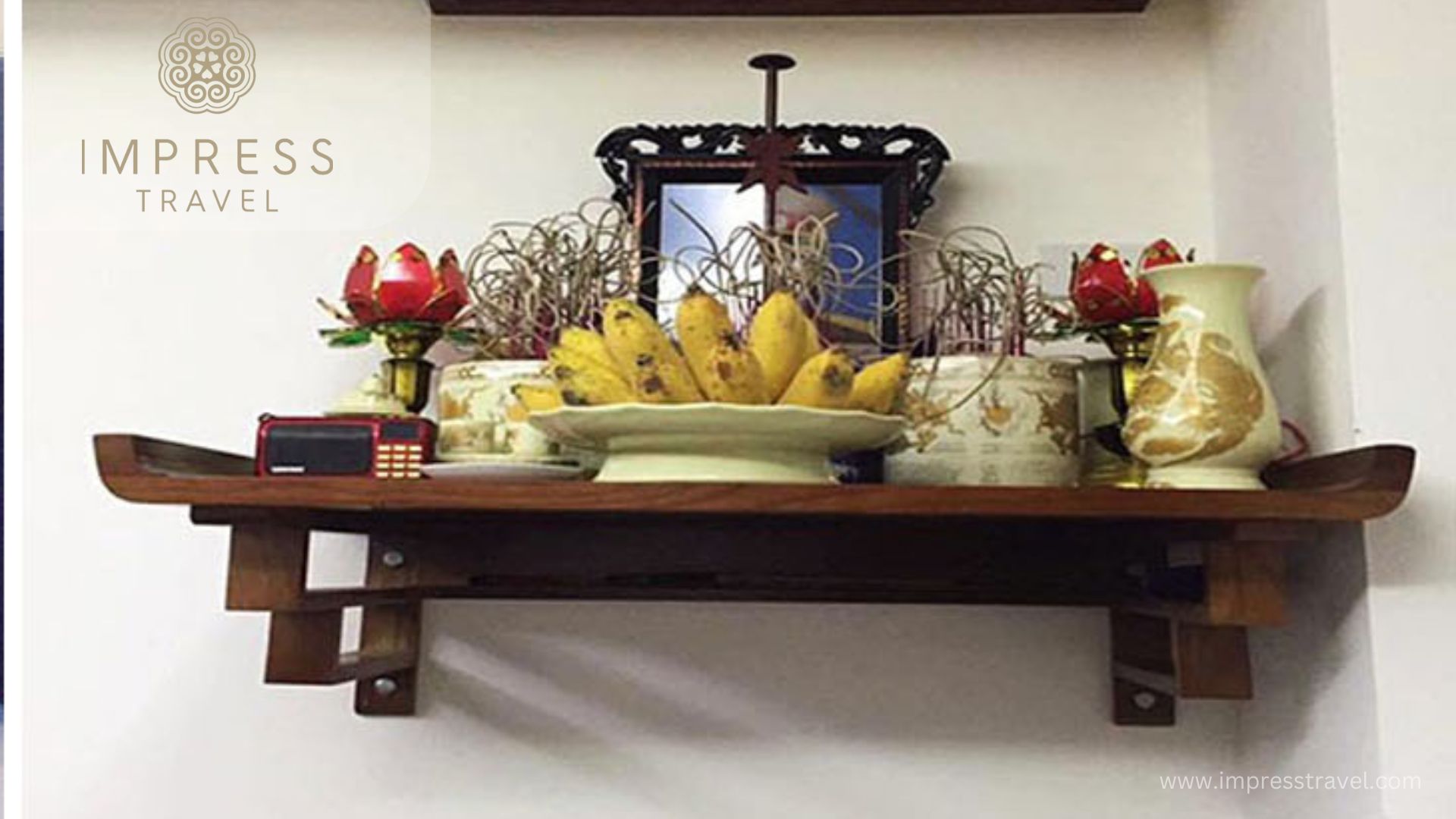
Hanoi ancestral altar
Set up an altar to worship ancestors
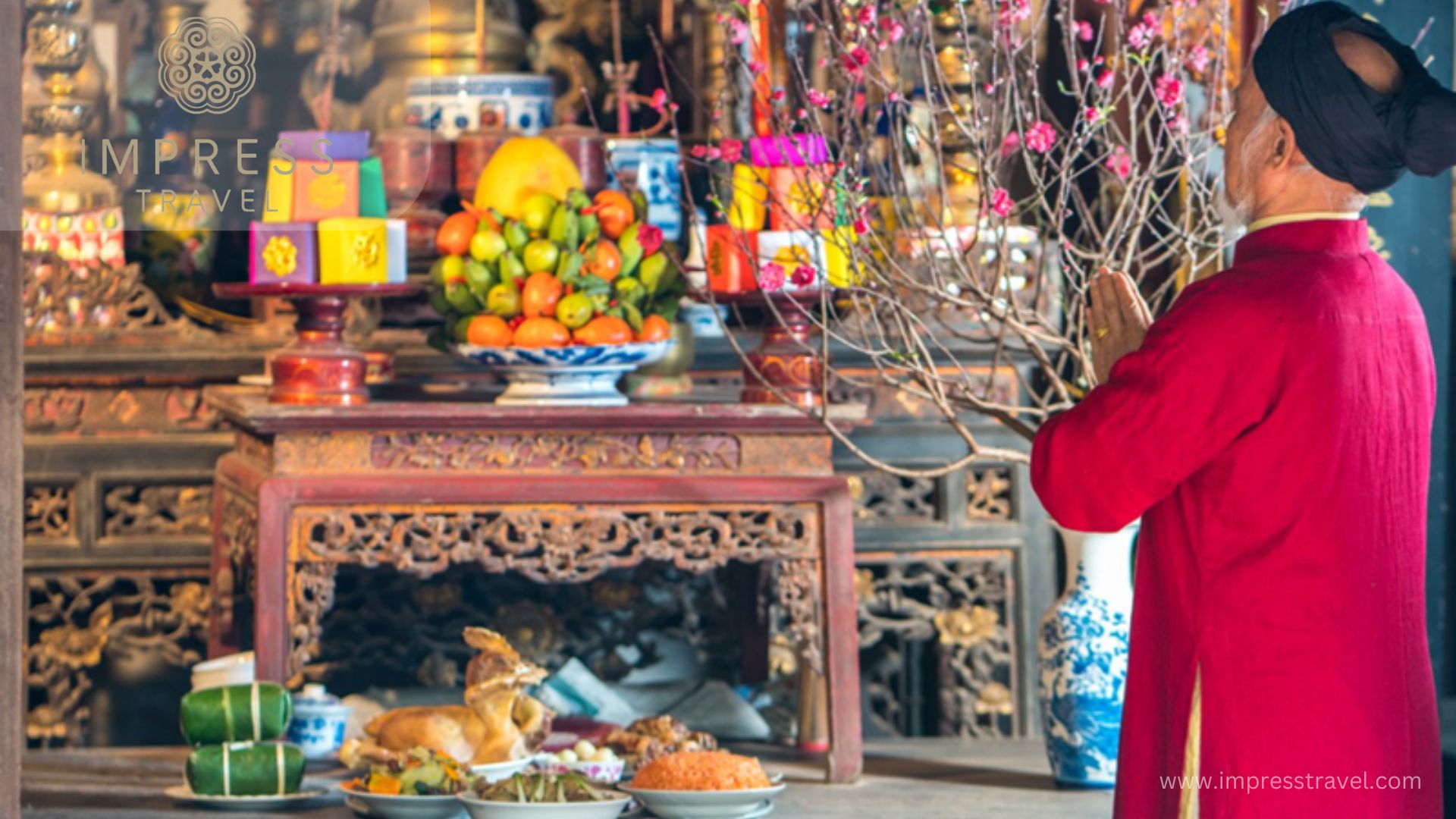
Ancestral altar
Almost every home in Hanoi has an altar in the living room or a solemn location for ancestor worship. This is a sacred and solemn area, so it will be placed in a high position. The ancestral altar will have pictures, incense burners, cups of water, and offerings such as food, fruit, and fresh flowers, all of which are solemnly set up to commemorate the ancestors. Every morning or evening, family members will burn incense for their ancestors to remember and pray for the ancestors to bless the family with luck and peace.
Ancestor worship in special occasions
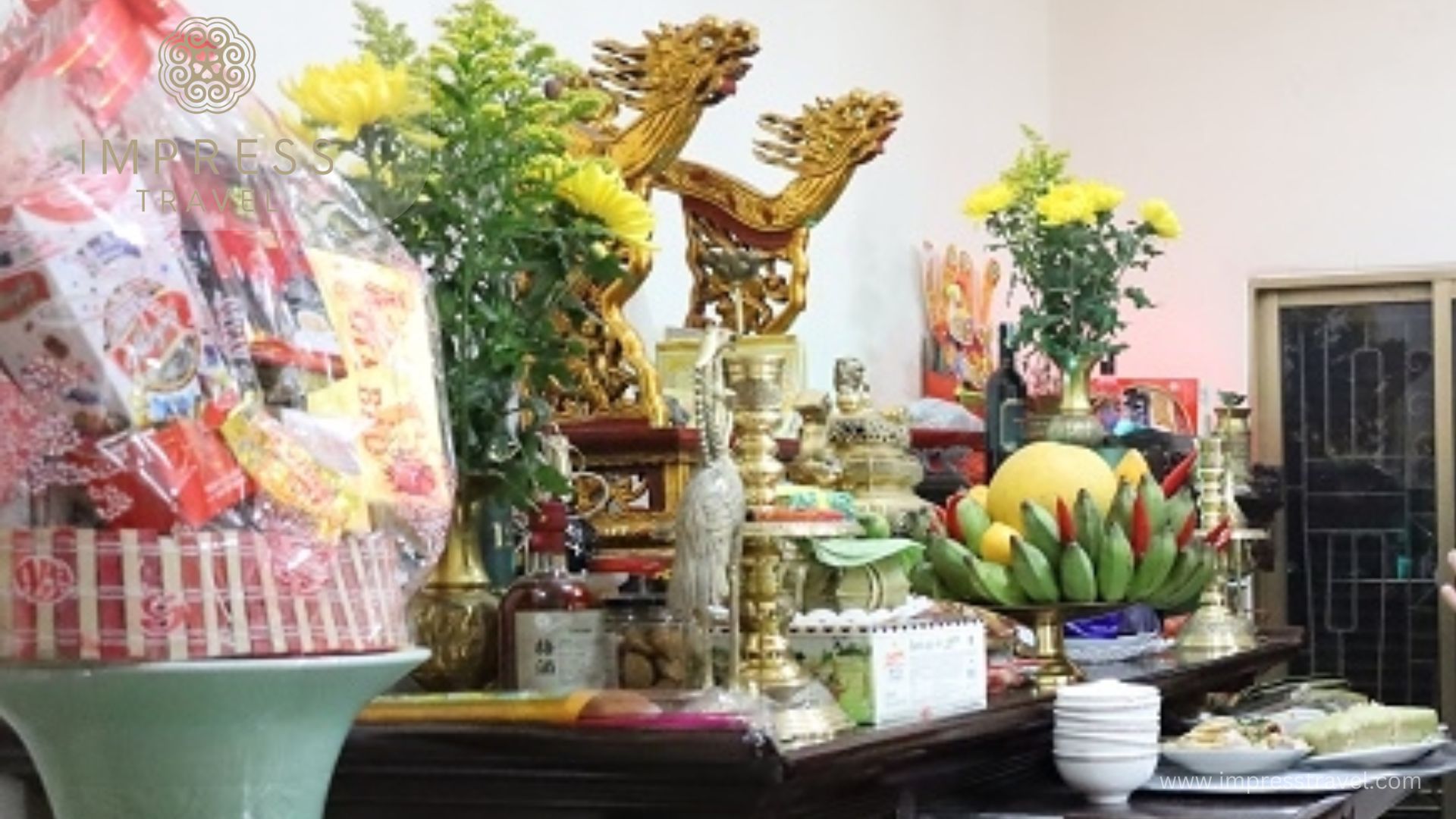
Ancestor worship in special occasions
On important occasions such as the Lunar New Year, Lantern Festival, Qingming Festival, Vu Lan Festival, and death anniversary, family members will gather together to prepare for ancestor worship. The altar is cleaned and decorated with fresh flowers, fruits, and delicious dishes. In addition to performing rituals to worship and remember ancestors, this is also an opportunity to bond emotionally between family members.
Visit pagodas for praying
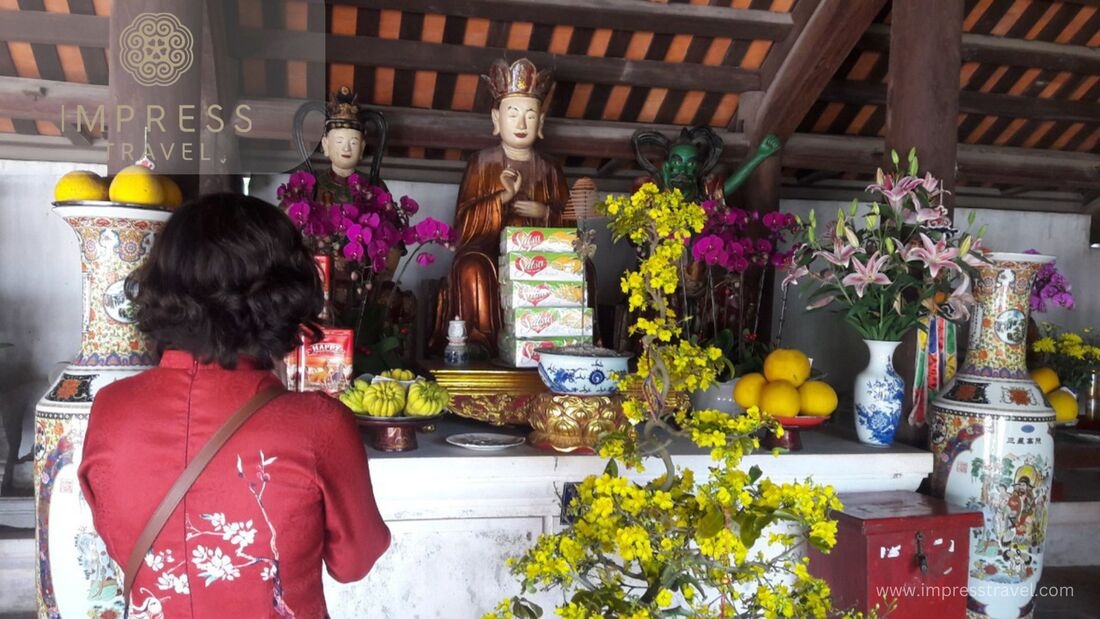
Go pagodas for praying
Some people will go to the pagodas to do public works and pray with the hope that the souls of their ancestors will find peace in the Golden Stream. They can also burn incense and make offerings to their ancestors worshiped in the pagoda.
The meaning of ancestor worship tradition
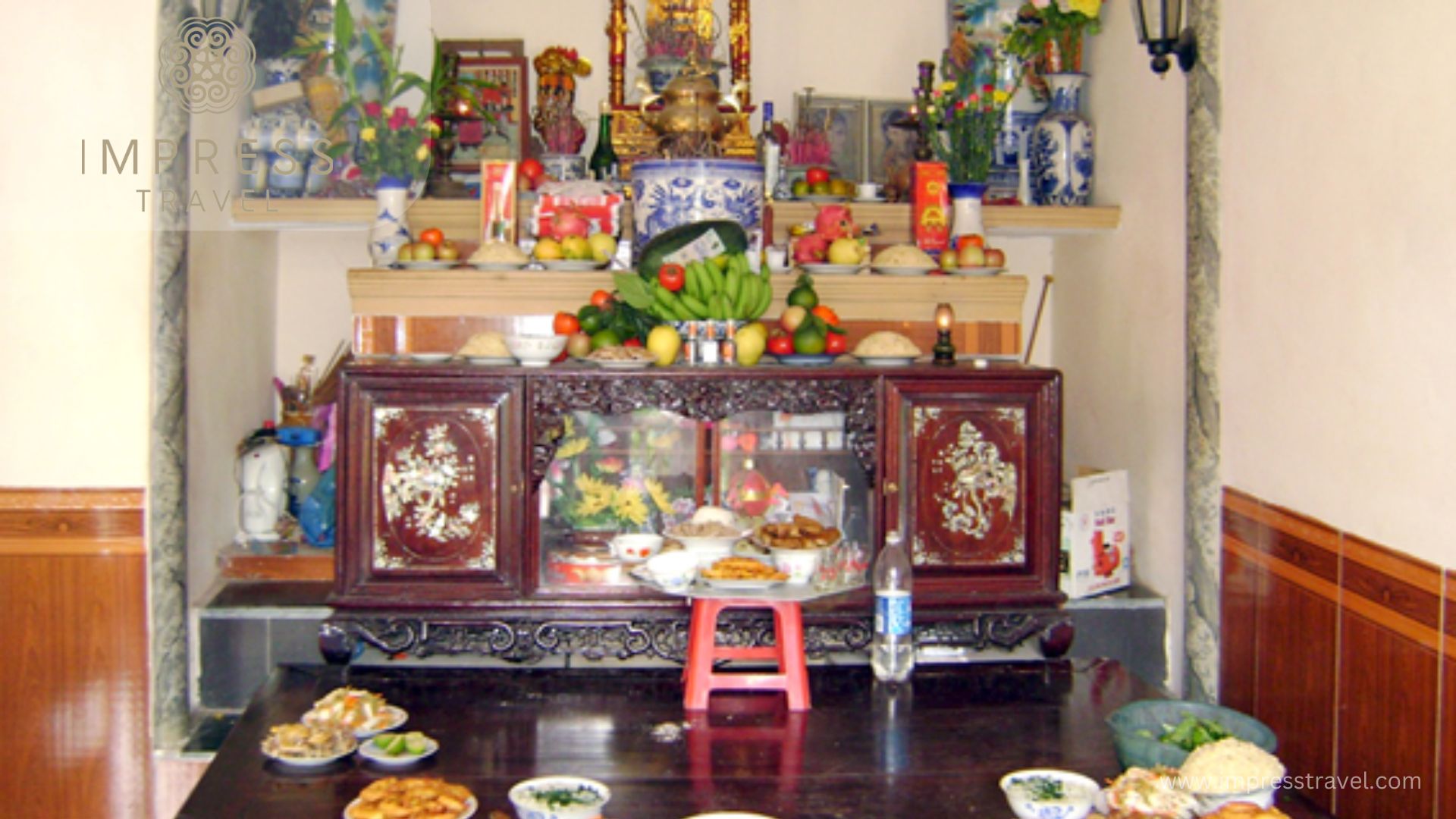
Ancestor worship of Vietnamese people
The tradition of ancestor worship is a cultural beauty that has been continued through many generations. These are more than just worship rituals and offerings made in honor of ancestors, they also have a lot of humanistic significance. Performing ancestor worship reminds people of where they came from, and from that, it cultivates gratitude inside each person. This custom also helps family members feel more connected to one another while also setting a good example for future generations, so they will contribute to the preservation and promotion of wholesome family values.
Summary
Ancestor worship is a holy cultural tradition that is important to the spiritual lives of the people of Hanoi in particular and the people of Vietnam in general because it acts as a spiritual thread that binds generations. This tradition also aids in educating people about moral qualities such as filial piety, gratitude, appreciating the sacred feelings of family, and individual accountability for upholding important family customs. No matter where they are, Vietnamese people always hold in their hearts the memory of their native land, and they believe that their ancestors will always be watching over and blessing them. It serves as a spiritual fulcrum that enables them to get over obstacles in life.
Don’t forget to follow Impress travel’s Facebook and Website to update more interesting things about Hanoi and book the fastest and best tour experience!



